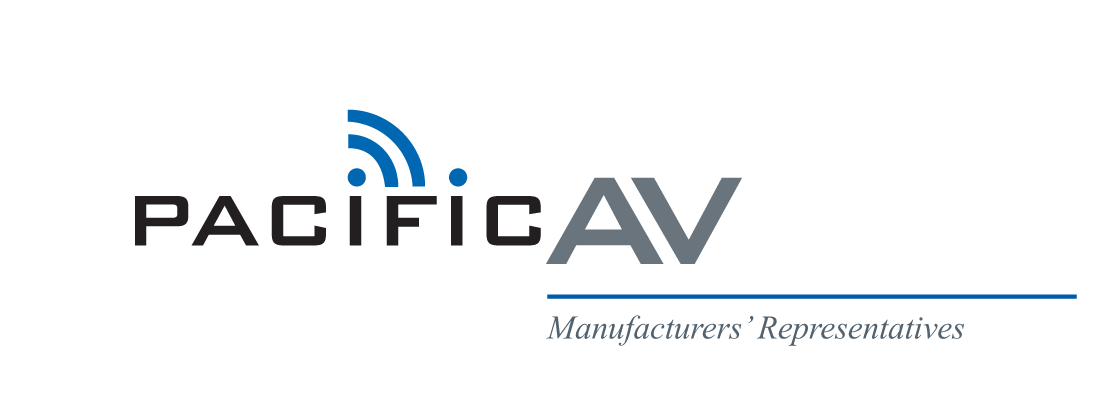Originally posted on GeekWire.

Throughout his 20-year career developing and launching products for professional sound systems, Costa Lakoumentas constantly found himself impeded by a simple technical problem.
“I have made hundreds of presentations all over the world, in every imaginable venue, from domestic performing arts centers to Chinese factories and even a floating restaurant in Moscow,” he said. “And almost without fail, every one of those venues proved a challenge because of one simple thing — the video cable.”
Lakoumentas decided to use his product development background to solve that problem. In 2015, he launched KLIK Communications and begin building what would become KLIK Boks, a device that connects computers and devices to a projector or display to show anything visible on a computer on a larger screen. KLIK Boks is competing in a crowded space against some of the world’s biggest tech companies. Amazon has the Fire TV Stick, there’s the Apple TV, and Google’s Chromecast, all of which allow screen mirroring in one way or another. But those devices are geared toward consumers. Lakoumentas believes he can compete by targeting small businesses, schools, and other professional meeting settings. The KLIK Boks has ports for most of the standard video and audio cables so that users don’t have to worry about tracking down the right cord for a presentation.
We caught up with Lakoumentas for this Startup Spotlight, a regular GeekWire feature. Continue reading for his answers to our questionnaire.

Explain what you do so our parents can understand it: “We make a little box that lets you send the whatever’s on your computer screen to a TV, wirelessly.”
Inspiration hit us when: “We read a study that reported up to 20 percent of time spent in meetings is wasted on making the technology work. That study validated what we had learned over the years and the fundamental premise on which we were building the KLIK Boks.”
VC, Angel or Bootstrap: “In our experience, VCs weren’t very interested in hardware and angels were looking for mostly-consumer plays. Our product is aimed at small business, hotels, meeting rooms, schools and office environments, which require a B2B posture, so we decided to bootstrap.”
Our ‘secret sauce’ is: “The KLIK Boks value proposition; save time, get better results, support all users and do it all at a ridiculously low cost of $299. In the end, the user gets much more back than what they have invested, which makes the product a win-win proposition for our customers.”
The smartest move we’ve made so far: “Starting with an omnichannel sales model by selling direct on our website as well as through dealers and distributors. Consumers can choose whether they make their purchase directly from us or through a dealer, giving them maximum choice and allowing us to scale quickly.”
The biggest mistake we’ve made so far: “Launched without having all the software bits in place, then had to go back and start selling from scratch all over again when development was complete. Customers have a short memory, so focus on getting to MVP and then pull the launch trigger. Otherwise, you’ll be doing it all over again.”
Would you rather have Gates, Zuckerberg or Bezos in your corner: “Hands-down, Gates. He built a business that has generated value for over 30+ years, employed hundreds of thousands of people and solved problems for billions of people.”
Our favorite team-building activity is: “Taking a course on Udemy and discussing it all together once we’ve completed it. Sometimes we’ll take a course on how IP addresses work and other times it’ll be on Facebook advertising; the results are always amazing.”
The biggest thing we look for when hiring is: “Humility. That doesn’t mean we’re looking for timid people, it means that enthusiasm alone, without self-awareness, is not what we’re looking for. Bright and highly motivated people who know how to listen and learn from one another make for the best and strongest teams.”
What’s the one piece of advice you’d give to other entrepreneurs just starting out: “Be prepared to pivot. Sometimes you learn things along the journey from concept to delivery that fundamentally challenge your assumptions, definitions of success and your company’s priorities. Stand fast with your principles but be prepared to take good advice when you see it and implement that into your business.”
See the original article on GeekWire.
